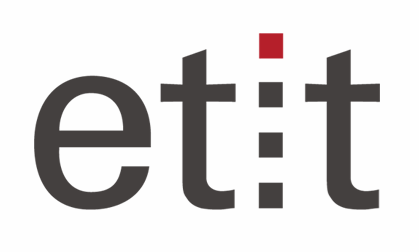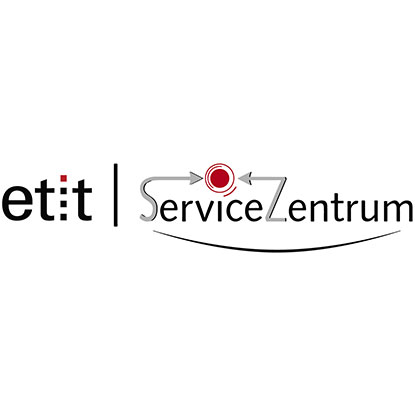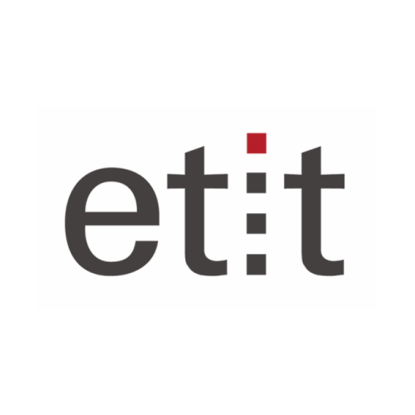Multi-vendor solutions for the industry
Start of the project Reallabor Antrieb 4.0 – Department etit doubly involved
2023/03/09 by Maximilian Metzner (ZVEI) / sas
The German Federal Ministry of Economics and Climate Protection (BMWK) has approved funding for the research project Reallabor Antrieb 4.0 as part of the KoPa 35c funding program. During the project, cross-manufacturer use cases for digitization and along the value chains, for example the possible “plug & play” commissioning of drives or their optimization with regard to various applications, will be tested. To date, the lack of data availability and the absence of open standards and concepts for interoperability, among other things, have prevented market-ready innovations. For this reason, the Reallabor Antrieb 4.0 is researching the fundamentals for the development of required standards in the field of Industrie 4.0 and is developing new business model approaches based on digitized value chains. This addresses central topics of the Industrie 4.0 Platform's Guiding Principles 2030, in particular the economic and ecological aspects of industrial sustainability.
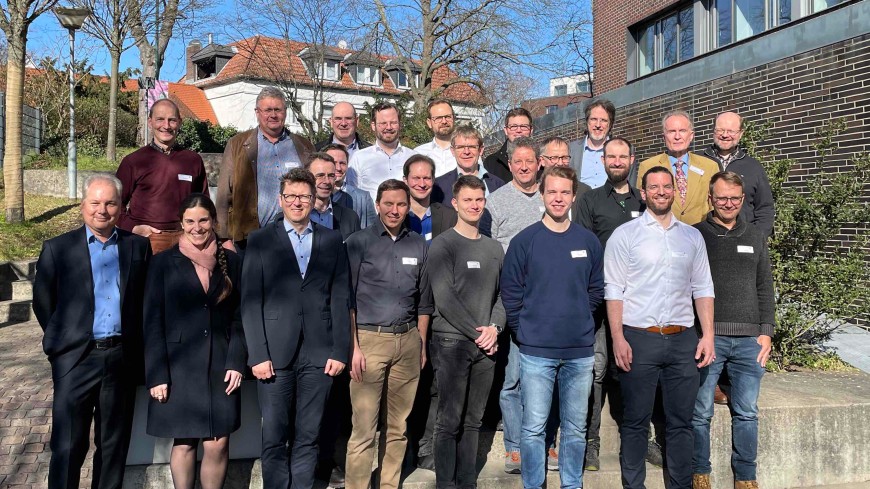
Until now, it has only been possible to combine drives from different manufacturers at great expense. In addition, drives usually have to be extensively parameterized before they can be used. The research approach of Reallabor Antrieb 4.0: on a pre-competitive basis, manufacturer-neutral solutions are being developed for similar, overarching challenges, and availability, transparency, interoperability and access to data are being increased. To this end, a Gaia-X-compatible data space will be created, the technical framework for the necessary communication will be determined, and artificial intelligence will be used specifically for data analysis.
In addition, a physical demonstrator will be built based on the collaboration of different drives. The development of exemplary use cases, in which several industrial companies are involved, serves to transfer the research results into practice and to demonstrate the added value for the entire value network from the manufacturer to the machine builder to the end customer. In order to take the research to a wider audience, a strong community around Drive 4.0 is also to be established.
“We are very pleased to be able to drive the Reallabor Antrieb 4.0 project forward as consortium leader together with our joint partners from the Fraunhofer-Gesellschaft and TU Darmstadt. The electrical and digital industry is a key technology supplier and solution provider for the automation and digitalization of our economy. Reallabor Antrieb 4.0 will additionally strengthen the innovative power of our industry,” says Jochen Schäfer, Managing Director of the Electrical Engineering Research Association at ZVEI e.V.
Prof. Dr.-Ing. Gerd Griepentrog,
Department of Power Electronics
The project will result in a manufacturer-independent and standardized networking of electric drives, enabling better control and monitoring of complete plants by means of correlated data analysis.
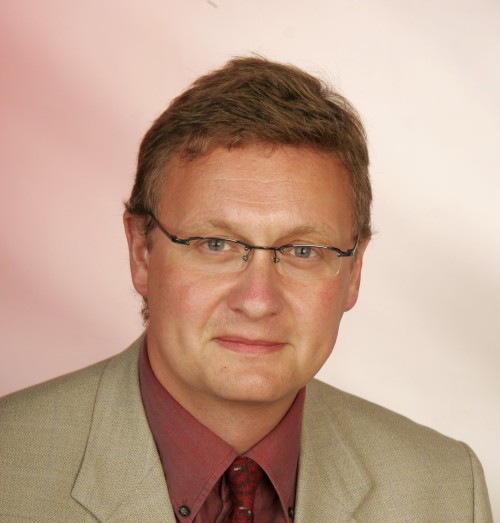
“It is impossible to imagine today's production and process technology without variable-speed electric drives. These drives continuously record data on the load status of the connected motors and systems, but today this data is often only processed locally in the drive. The project will create a cross-manufacturer and standardized network of electric drives, which will enable better control and monitoring of complete plants by means of correlated data analysis. One example is the recording of energy consumption data, which, in addition to load management, also allows the carbon footprint to be determined,” says Professor Gerd Griepentrog of the Power Electronics Department, explaining the project's intent.
“With time-sensitive networking within the machine and a cloud connection implemented via it, we will achieve a degree of standardization of the interfaces that has not existed before. Standard technology with connection to the worldwide network – and at the same time guaranteed response times that enable real-time control,” adds Professor Björn Scheuermann, Department of Communication Networks.
Prof. Dr. Björn Scheuermann, Department of Communication Networks
With time-sensitive networking within the machine and a cloud connection implemented via it, we will achieve a degree of standardization of the interfaces that did not exist before.
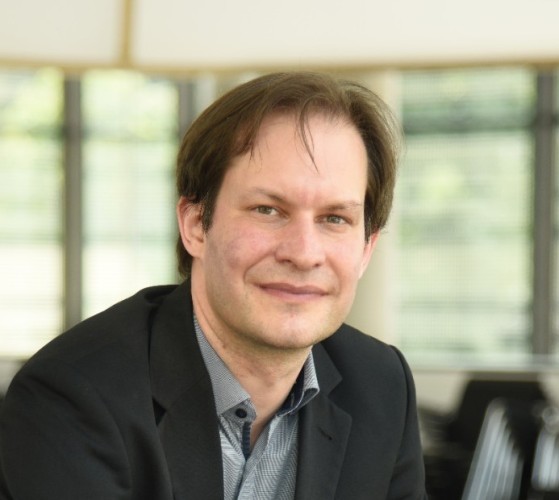
The research project has a duration of three years. The project's partners are the Research Association for Electrical Engineering at the ZVEI (consortium management), the Fraunhofer Institutes IIS and IISB, and the departments of Power Electronics and Drive Control (Prof. Griepentrog) and Communication Networks (Prof. Scheuermann) of the Department of Electrical Engineering and Information Technology (etit) at Darmstadt University of Technology. In addition, 13 associated partners are involved in Reallabor Antrieb 4.0.
About the Department of Electrical Engineering and Information Technology at TU Darmstadt
As one of the university's major engineering departments, the Department of Electrical Engineering and Information Technology (etit) is one of the main players at TU Darmstadt, which is one of the leading technical universities in Germany. TU Darmstadt stands for excellent and relevant science. Global transformations – from the energy transition to Industry 4.0 to Artificial Intelligence – are decisively shaped by TU Darmstadt through outstanding findings and forward-looking study programs. Since 1882, the Department of etit has been considered the worldwide founder of university electrical engineering and today covers all fields of modern electrical engineering and information technology in research and teaching. The department concentrates its research activities in four main areas: Energy; Networked Systems; Novel Component and System Concepts; and Medical Engineering.
Its international orientation and interdisciplinary networking make it one of the most research-intensive scientific institutions of its kind in Germany – and thus follows the mission statement of the university, which has been one of the most internationally oriented universities in Germany since its founding in 1877. As a European technical university, TU Darmstadt is building a trans-European campus in the Unite! alliance. Together with its partners from the Rhine-Main universities – Goethe University Frankfurt and Johannes Gutenberg University Mainz – it is further developing the Frankfurt-Rhine-Main metropolitan region as a globally attractive scientific area.
About the Electrical Engineering Research Association at ZVEI
The Research Association for Electrical Engineering at the ZVEI (FE) initiates and coordinates publicly funded research projects in the electrical and digital industries. It networks companies, research institutes, expert bodies and multipliers, creates the framework for legally compliant, pre-competitive cooperation with its projects and enables rapid transfer of results from research to industrial practice. In cooperation with partners from industry and science, the FE develops solutions for common technical, economic, social and ecological challenges. In this way, it drives innovations from Germany and strengthens the competitiveness and sovereignty of the location.
